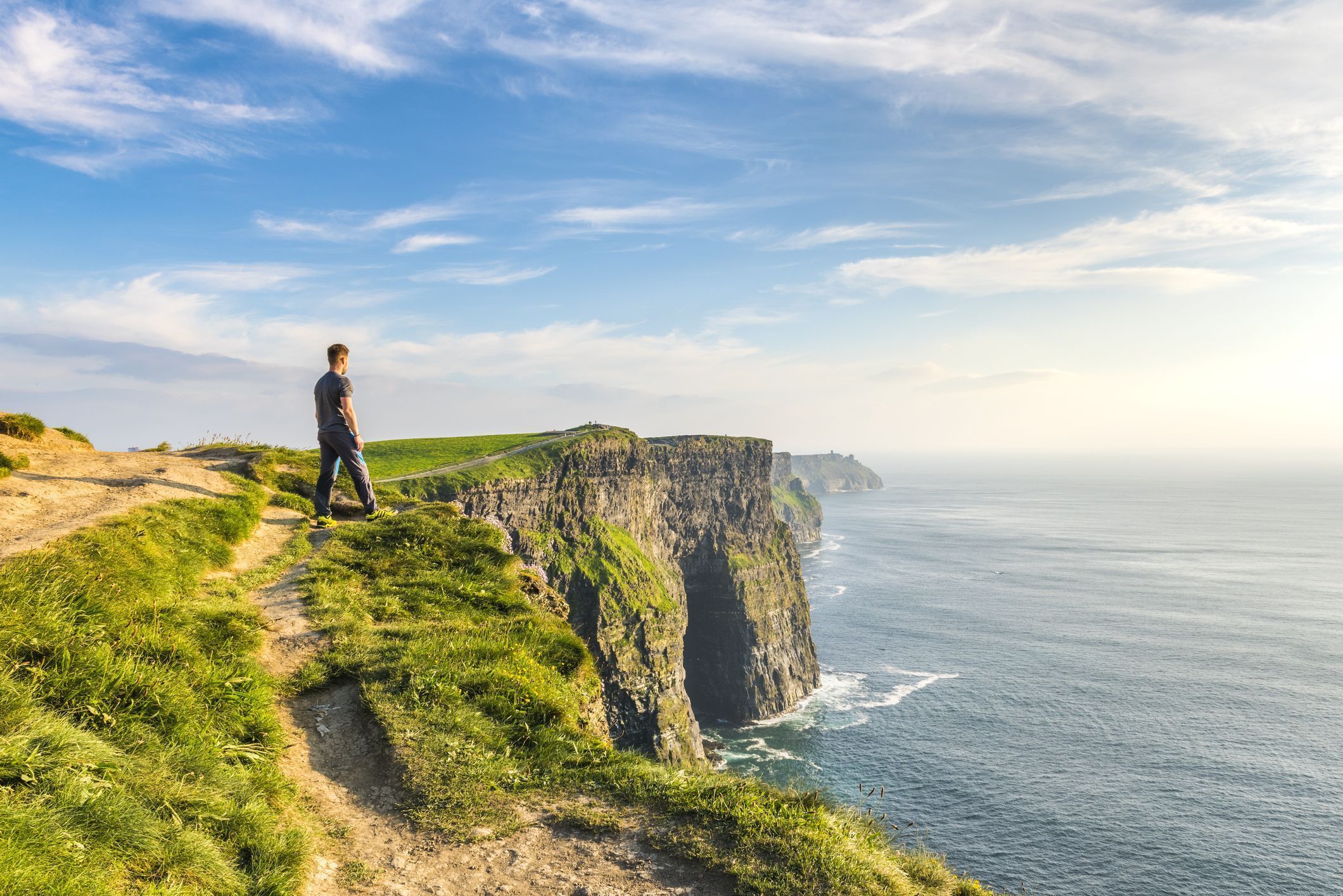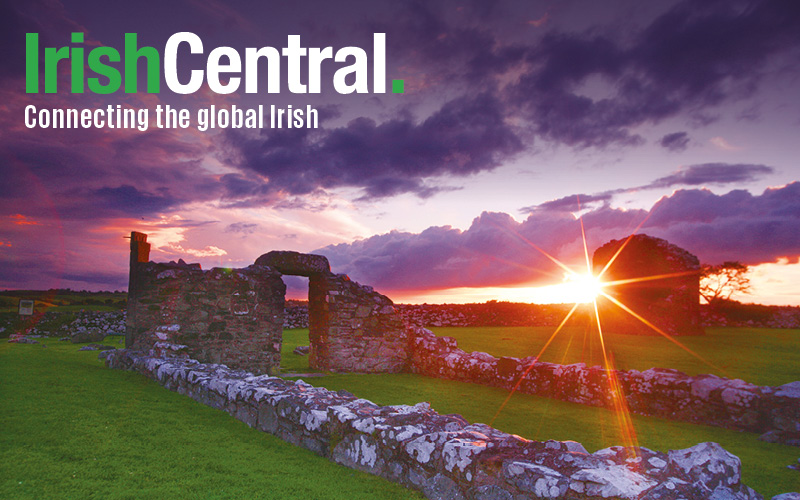When the annual cultural conclave known as APAP rolls into New York on a wintry weekend in a city that prides itself on being the cultural capital of the world, it sets in motion a tsunami of much needed work for artists and presenters and all those who rely on them. So fertile and multicultural is this yearly confluence of artistry that it continues to interest me weeks after it ends. And rather than weigh in with the downward trends all around us, there should be room for optimism and nourishment of our everyday lives if we turn to local arts venues to enrich us, rather than all the financial vehicles that have gone off course. And there are so many positive treads to weave in the Celtic music scene from viewing the talent on display all those days that the Association for the Performing Arts Presenters Conference (APAP) held court in the Big Apple recently. The frenzied weekend that felt like a weeklong festival over January 10-13 was most notable for the continuing interest and funding displayed by Culture Ireland for the task force they assembled from the overseas stable of Irish artists in theater, music, dance and the oral arts. While the theater sector scored triumphs at the Under the Radar Festival organized by the Public Theater with two full productions coinciding with APAP, the decision to showcase Irish traditional music in a very focused but varied way at the Irish Arts Center cannot be underestimated for the inspiration it provides across the music scene for all the artists. The music showcase upped the ante or investment (*150,000 overall) for the formidable foray by Culture Ireland led by executive director Eugene Downes and Madeline Boughton, who oversaw production of the program aided and abetted by the Arts Council (of Ireland's) Paul Flynn, Peter Browne and Gerry Godley, who selected entries submitted by a public call to present back in Ireland in the late autumn. "It's an investment that brings benefits within the year, but also creates the conditions for solid growth over the years through building awareness and positioning the profile of individual artists and groups over time, especially in a world music environ like APAP," Downes told me by phone a week later. Culture Ireland's remit to support all Irish artists abroad certainly has been helpful since it was created in 2005, but for traditional Irish music the Irish government's decision to invest in the traditional arts (with the music an obvious key component) the same year with a three year initiative (2005-2008) with the Arts Council to support it directly in a variety of ways plays a larger role in my opinion. With the appointment of Flynn as the director of its traditional arts program in October of 2007, the government gave a dedicated voice and steward to a sphere that had been vastly underappreciated in the past. Serious and regular funding flows to valuable music stalwarts like the Irish Traditional Music Archive and Na Piobairi Uilleann, allowing them to significantly upgrade their homebase facilities in Dublin and important feeder programs like the Willie Clancy Summer School which has inspired so many musicians and fellow travelers across the board including this long-time observer. But its DEIS (Opportunity) program allows individuals to apply directly for funding for recording, publishing and performance projects in Irish music, dance, song and the oral language arts which has had a monumental impact on furthering and fostering that aspect of our Irish heritage right at the grass roots level or from bottom up. Many of the artists appearing at APAP would have availed themselves of this opportunity and positioned themselves to advance the cause as well as themselves as they consider careers in folklore performance. It's a concept that is as simple as it is sophisticated and forward thinking. In discussing this over the phone with Flynn he expanded it further saying, "We look for innovation in assessing artists in the traditional sphere because it helps bring the traditional arts to a wider audience, maybe even a new audience but it has to be a quality presentation." Both Downes and Flynn made a point of acknowledging the massive assistance and sympathetic support extended by Consul General in New York Niall Burgess and Deputy Consul General Brendan O'Caollai in opening up their facilities and offices for their efforts in New York.




Comments